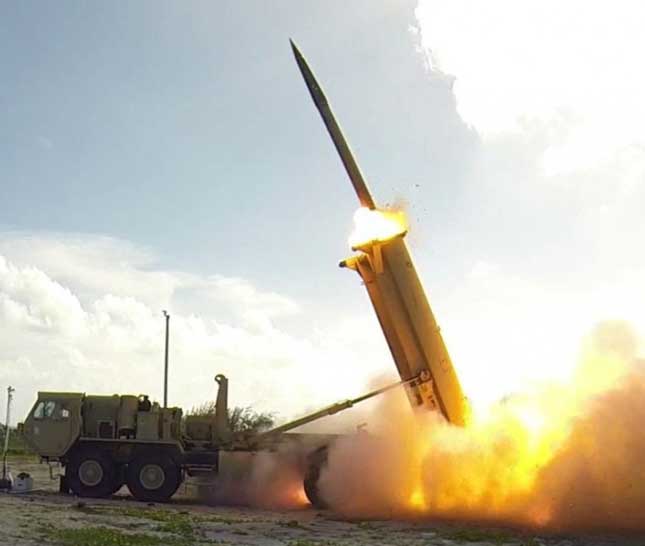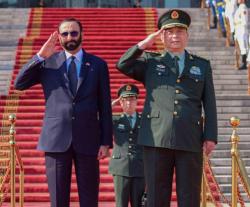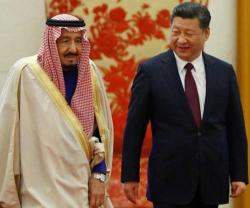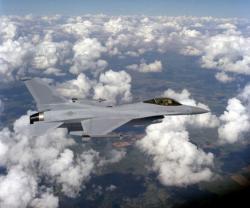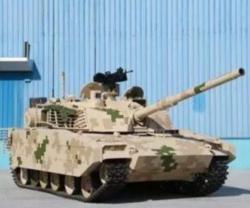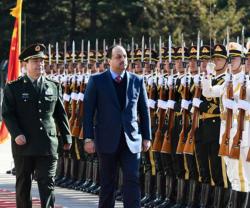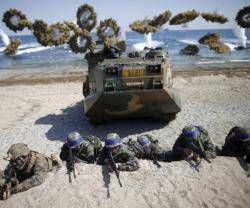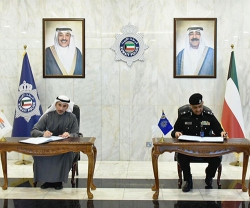South Korea’s decision to deploy advanced missile defense systems on its soil has led to the suspension of all high-level defense talks with China, South Korean sources said.
An official in Seoul said the planned meeting between Seoul’s Defense Minister Han Min-koo and his Chinese counterpart Chang Wanquan has been put on hold.
He added that the military strategy policy talks chaired by Vice Defense Minister level officials that have been held every year since 2011 has also be suspended, hinting that China has been lukewarm about talks. The conference allowed the two neighbors to discuss topics like personnel exchange, communications through military hotlines in case of unforeseen crises and deliberations about air defense identification zones that both countries maintain.
Seoul agreed to station the US Terminal High Altitude Area Defense (THAAD) in July to better cope with North Korea’s evolving nuclear and missile threats. Seoul views the deployment as a way to better defend the country, but Beijing has stringently opposed THAAD, claiming it undermines its national interests and destabilizes the balance of power in Northeast Asia.
“China has not extended an invitation to Han, and our government has not asked,” the Defense Ministry source, who did not wished to be identified, said.
He pointed out that senior Chinese officials have persistently warned that THAAD will hurt government-to-government and military ties that have been expanding in scope and depth in recent years.
Some military experts said that weakening of military ties could adversely affect Seoul’s ability to deal with future North Korean missile and nuclear provocations.
While Russia and China oppose to the deployment of the THAAD system on the grounds that it will increase military tension in East Asia, Seoul defends that the need to deploy the THAAD system will naturally disappear if North Korean military threat will be removed.
Located right north and east of the Korean peninsula, China has been opposing the U.S. plan to deploy THAAD technology to South Korea for a long time. Beijing argues that the missile defense system would increase security concerns in the area and could be used for spying activities.
North Korea has recently carried out its fifth nuclear weapon test and received negative reactions worldwide, especially from South Korea and Japan.
Meanwhile, four China Coast Guard ships entered Japanese waters around the Senkaku Islands in the East China Sea on Sunday, the first such move by Chinese government vessels since October 18, the Japan Coast Guard said.
The ships were spotted entering the territorial waters around the uninhabited islands shortly after 10 a.m. (local time). A Japanese coast guard patrol ship communicated warnings to the Chinese ships, saying that they must leave the waters.
The ships left roughly two hours later, the coast guard said.
China has laid claim to the Japanese-administered islands, which it calls Diaoyu.

